| Differences, Hierarchy And Empowerment Bence Gáspár interviewed by Michael Kuehn
by Michael Kuehn, 8th July 2024
"One way of really empowering others is to give them the opportunity to have space to talk, to show up and to be visible" Bence Gáspár Bence Gáspár is an Open Floor teacher. He serves on Open Floor International’s diversity, equity and inclusion circle and the OFI Board of Directors. He holds a PhD in evolutionary biology. Bence is queer and is of Jewish and Roma ancestry. He is originally from Hungary and now lives in Berlin, Germany. Q.: Most of our readers would agree that the values of diversity, equity and inclusion are important. I wonder if we could get a little more practical about what that means and how that impacts the way I teach. Q.: It seems to me that trying to overcome inequality by offering to help those that are marginalized can be quite counterproductive. What does it mean to offer empowerment in a movement class without falling into that trap? Q.: In some ways, having time, money and access to movement meditation is a privilege in and of itself. How do we reach out to communities that do not have easy access to our classes?
|

